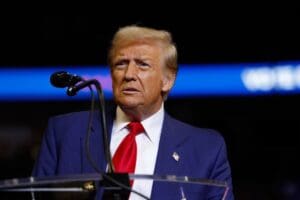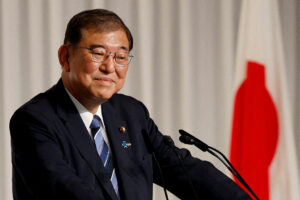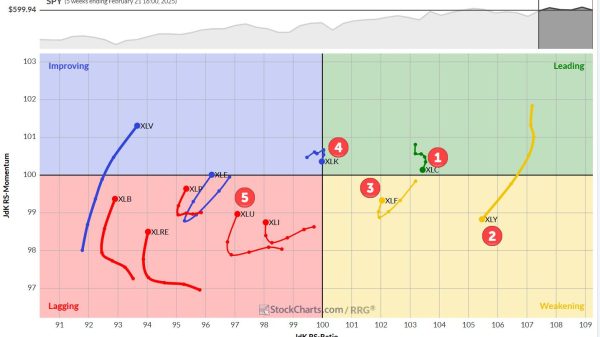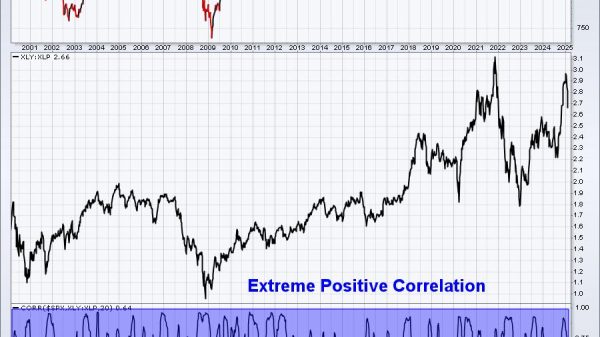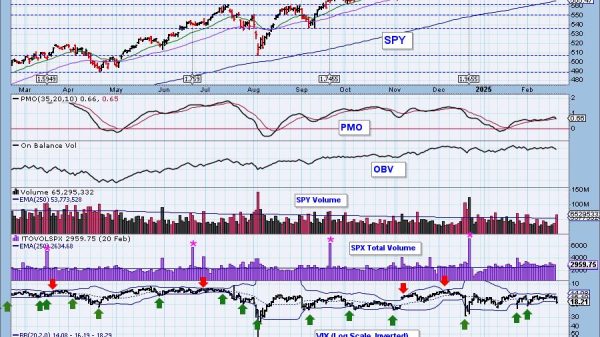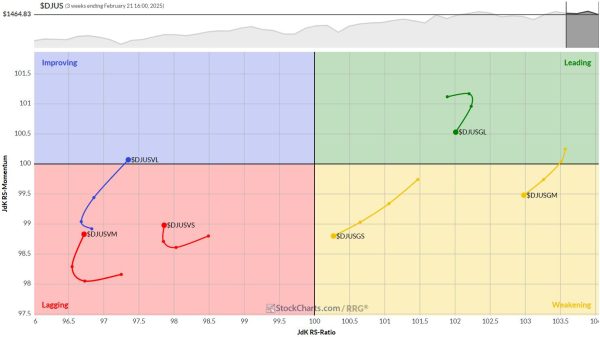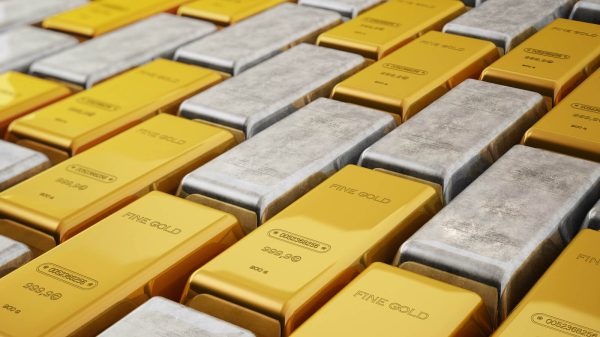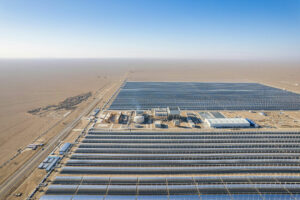STRASBOURG, France/LONDON — Europe’s green energy transition is stuck between a rock and a hard place. A flood of cheap Chinese solar panel imports is driving record solar energy installations. But those same imports are crushing Europe’s few local solar manufacturers.
Governments and industry are split over how to respond.
Europe just had a bumper year for green energy. European Union (EU) countries installed record levels of solar capacity, 40% more than in 2022. The vast majority of those panels and parts came from China — in some cases, 95%, International Energy Agency (IEA) data show.
Yet the green energy boom hasn’t helped Europe’s few local solar panel manufacturers, which have hit crisis point, crushed by cheaper imports and oversupply. Announcements of production closures are piling up, and the sector has warned half of its capacity could shut within weeks unless governments step in.
Policymakers are scrambling to respond, but are split over how to do so.
German Economy Minister Robert Habeck wrote to the European Commission in November, expressing concern that the EU executive was about to slap trade restrictions on Chinese solar imports, a letter seen by Reuters showed.
“I have heard that the Commission may be intending to impose safeguard measures against imports of photovoltaic (PV) modules from China. I have very strong concerns about this,” the letter said.
Mr. Habeck warned restricting Chinese imports could kill off Europe’s rapid expansion of green energy and make 90% of the PV market more expensive. It risked bankruptcies among EU companies that assemble and install solar panels using imported parts, he said.
A spokesperson for Germany’s economy ministry declined to comment on the letter.
Germany’s own planned support for the sector has been thrown into turmoil by a government budget crisis.
Elsewhere, Spain has not ruled out tariffs on imports of solar panel materials. The Netherlands wants to cover solar PV imports with the EU’s carbon border tax, a government official told Reuters. And Italy last week announced a 90-million euro ($97 million) investment in a PV panel factory in Sicily.
PRICE WAR
In a speech on Monday on the solar sector’s problems, EU Financial Services Commissioner Mairead McGuinness offered no new support. She pointed to EU measures already underway, including a law due to be finalized on Tuesday, which aims to fast-track permits for local manufacturing and to give products made in the EU, such as panels, an advantage in future clean tech tenders.
On trade restrictions, Ms. McGuinness struck a cautious tone. “Given that we currently rely to a very important degree on imports to reach EU solar deployment targets, any potential measure needs to be weighed against the objectives we have set ourselves when it comes to the energy transition,” she said.
Industry itself is divided over the solution. Solar manufacturers have urged governments to step in to buy up excess inventories of solar modules to ease the oversupply — and, if this cannot be done fast, consider trade barriers.
But the broader green energy industry is opposed to import curbs.
“You can’t reduce dependency on China in the short term or you don’t build the projects,” Miguel Stilwell d’Andrade, chief executive officer (CEO) of Portuguese utility EDP, told Reuters.
He noted that solar panel prices have climbed in the United States, which has duties on Chinese imports. “It is having an inflationary impact … the price of panels is more than double that of Europe,” he said.
Even local manufacturers say hopes of a competitive local industry are dim.
Europe is in a “price war” with China, said Gunter Erfurt, CEO of Swiss panel maker Meyer Burger, which plans to close its loss-making German solar module factory, citing an absence of supportive European policies.
With some Chinese solar firms able to sell even below production costs, Europe is playing catch up. “The solar industry in China has been strategically subsidized with hundreds of billions of dollars for years,” Mr. Erfurt told Reuters. — Reuters





